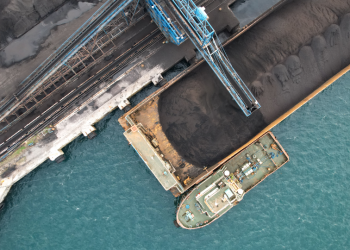Having higher taxes in the mining industry, especially those operating outside mineral reservation (MR) could affect the government’s push to develop the country’s mining industry, the Chamber of Mines of the Philippines (COMP) said.
In a study by the government, it was revealed that the current tax regime is “regressive” and not “competitive.”
Currently, industry investors are holding off until the challenges brought by potential increased taxes are addressed.
COMP said that imposing more taxes based on mining companies’ revenue could hinder the development of the country’s indigenous mineral resources, including the “green metals” that are critical to the planned energy transition and green economy.
The organization comprising the large-scale metallic minerals development sector also mentioned that the government’s aim to develop downstream processing and engage in the minerals value chain might not happen.
According to COMP, the excise tax doubly increased due to the passage of the Corporate Recovery and Tax Incentives for Enterprises (CREATE) Act.
Adding to this is applying local business tax and royalties to indigenous peoples once they operate within their ancestral domains, all of which are based on their respective gross revenues.
An additional royalty rate of five percent also applies to those operating inside the MRs.
COMP advocates for an income-based royalty, incorporating increasing tax rates at rising operating margins. They added that this decisive action is also being conducted in other nations such as Chile, Peru, and Canada.
COMP further explained that the proposed taxation system is indeed an example of a progressive tax.
To encourage investment opportunities, a two percent decrease in the royalty rate is proposed for those operating in MRs. Equalizing the tax structure is also eyed to lure large and responsible mining companies.
Earlier in a DENR-commissioned study, Deloitte Financial Advisory Services said that all three existing mining fiscal systems, referring to those implemented on mining activities undertaken in the Mineral Production Sharing Agreement (MPSA), were regressive, mainly driven by a significant number of taxes on gross sales revenue or market value.
Meanwhile, the International Monetary Fund (IMF) Fiscal Affairs Department stated that the current FTAA regime is lacking in international competitiveness.














